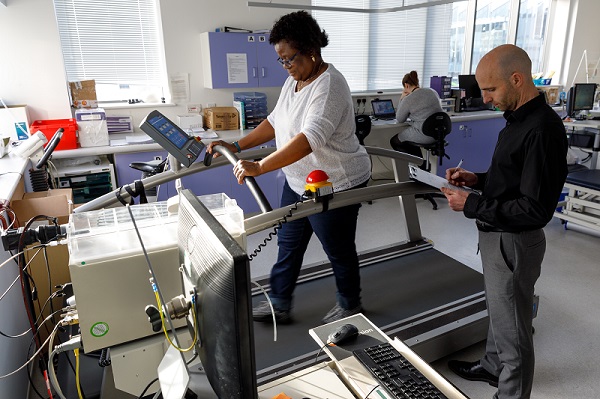CETU specialists support the design, conduct and reporting of investigator-led randomised controlled trials (RCTs), observational studies, natural experiments and trials of complex behavioural interventions, digital technologies, and non-communicable disease prevention.
Our team has expertise in supporting research related to obesity, diabetes and related metabolic diseases, with a particular focus on studies in community settings (e.g. primary care, educational settings).
Areas of research include, but are not limited to:
- Obesity
- Diabetes
- Nutrition
- Physical activity
- Paediatrics
- Behaviour change
- Public Health and Primary Care
All studies conducted by CETU benefit from the collective scientific expertise of a large team in protocol design, intervention development, data analysis, evidence synthesis, quantitative/qualitative evaluation, translational research and shared infrastructure of specialist operational teams.
The CETU has extensive experience of agile and remote collection of diverse data (including obtaining e-consent) and of combining and managing large datasets from different sources. Experienced data management and study coordination staff can support ethical and governance aspects, diverse participant recruitment, and high quality data collection and curation.
We offer access to clinical testing facilities, specialist laboratories for sample receipt, processing and storage, and the Nutrition Measurement Platform to support the assessment of diet, physical activity, nutritional biomarkers and anthropometry.


 MRC Epidemiology Unit
MRC Epidemiology Unit